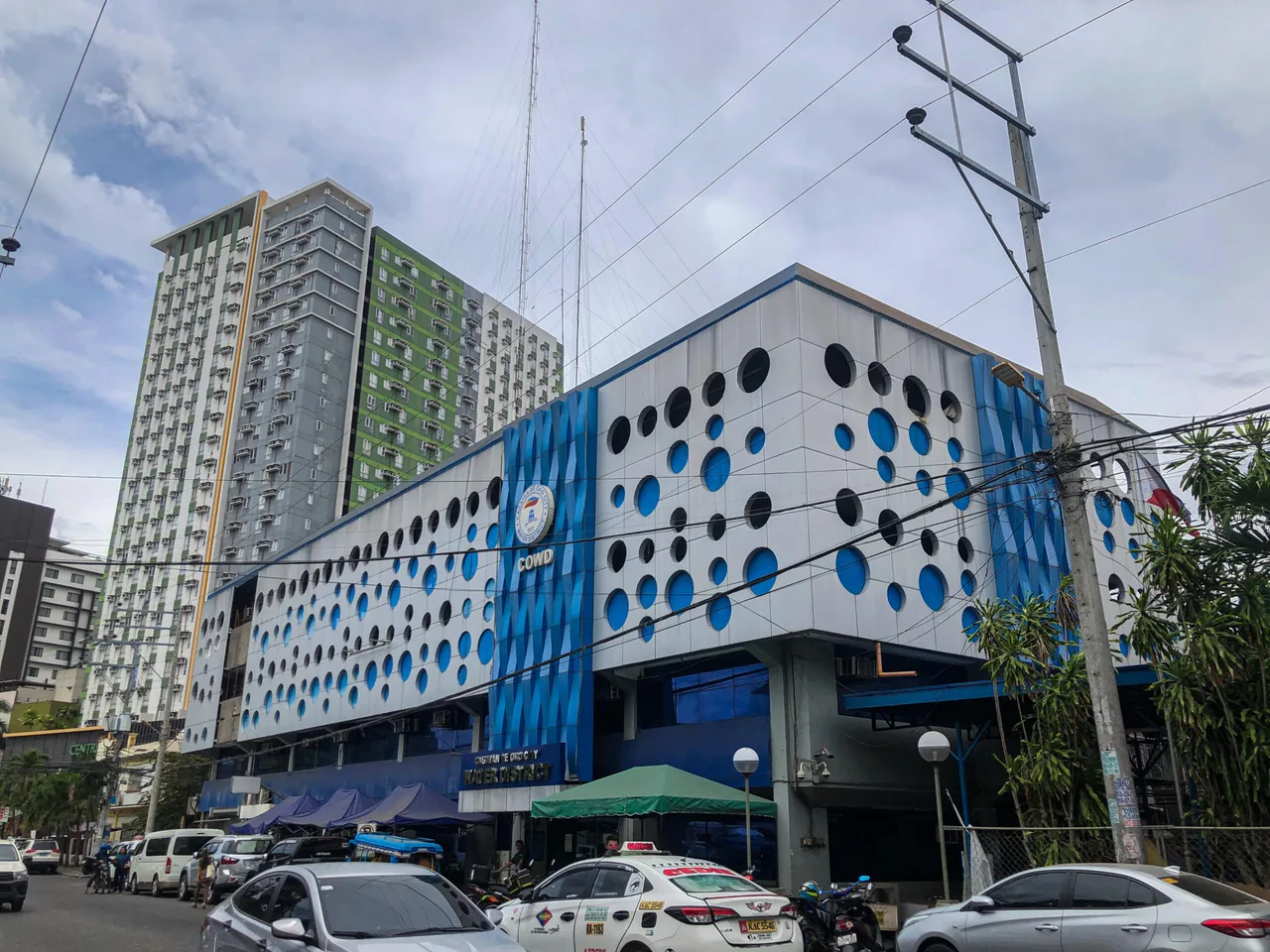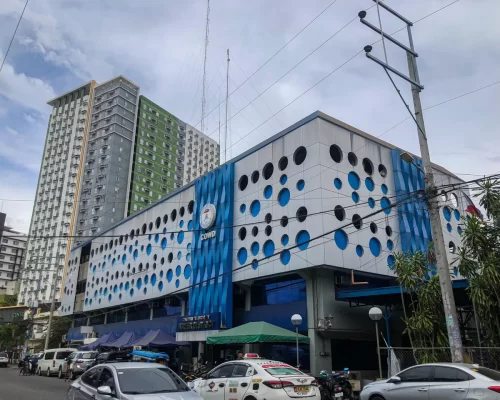The rise of plant-based diets is a growing trend in the Philippines, as more people turn to veganism for health, environmental, and ethical reasons. This shift is reflected in the increasing availability of vegan products, restaurants, and community initiatives across the country.
Health Benefits and Awareness
Many Filipinos are adopting vegan diets to improve their health. Plant-based diets are associated with numerous benefits, including lower risks of heart disease, diabetes, and certain cancers. Public awareness campaigns and documentaries highlighting the advantages of veganism have played a significant role in educating people about the health impacts of their food choices.
Environmental Considerations
Environmental concerns are another major driver of the vegan movement. The meat and dairy industries are significant contributors to greenhouse gas emissions, deforestation, and water consumption. By choosing plant-based diets, Filipinos can reduce their carbon footprint and contribute to sustainability efforts. This environmental awareness is particularly relevant in a country vulnerable to climate change impacts.
The Culinary Landscape
The culinary scene in the Philippines is rapidly adapting to the growing demand for vegan options. Metro Manila, Cebu, and other urban areas boast a variety of vegan restaurants and cafés offering creative and delicious plant-based dishes. Traditional Filipino recipes are being reinvented to cater to vegan diets, with plant-based versions of adobo, sinigang, and lechon becoming increasingly popular.
Community and Support
The vegan community in the Philippines is vibrant and supportive, with numerous online groups, meetups, and events that bring like-minded individuals together. Festivals such as VegFest Pilipinas celebrate veganism with food stalls, cooking demos, and educational talks, fostering a sense of community and shared purpose.
Overcoming Challenges
Despite its growth, the vegan movement faces challenges in a country where meat and seafood are dietary staples. Accessibility and affordability of vegan products can be issues, particularly in rural areas. However, initiatives such as community gardens, local markets, and educational programs are helping to bridge this gap and make



























